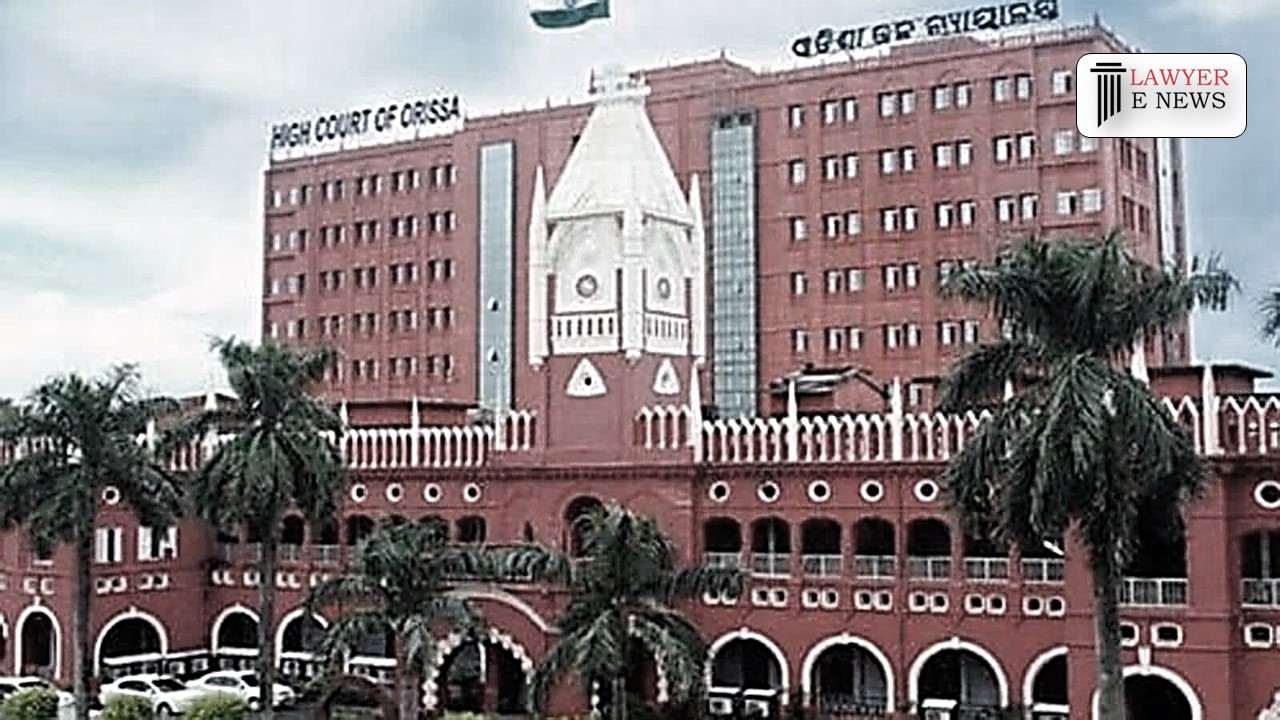-
by sayum
16 February 2026 8:46 AM



In a significant ruling, the Kerala High Court, presided by Hon’ble Mr. Justice Johnson John, allowed the criminal appeal filed against the conviction under Section 8(1) and (2) of the Kerala Abkari Act for possessing arrack. The appellant Thankappan was earlier convicted for possessing 750 ml of arrack, sentenced to 6 months imprisonment, and fined Rs.1,00,000.
The crux of the judgment revolved around procedural lapses in evidence handling, particularly the integrity of the sample collection and its chain of custody.
The prosecution’s case was grounded on the seizure of 750 ml arrack from Thankappan on January 19, 2004. During the trial, the key witnesses turned hostile, and significant discrepancies were noted in the evidence provided by the investigating officer, particularly regarding the seal used on the contraband and its sample bottles.
Witness Testimony: Witnesses PWs 1 and 2 did not corroborate the prosecution’s version, diminishing the credibility of the evidence.
Evidence Handling: The judgment critically noted the absence of the seal’s impression on key documents such as the seizure mahazar (Exhibit P1) and the property list (Exhibit P5).
Chain of Custody Concerns: A delay in submitting the property and samples to the court was highlighted, raising questions about the sample’s integrity.
Precedent Reference: Citing Sasidharan v. State of Kerala, the court emphasized the necessity for tamper-proof dispatch and sample integrity, which was found lacking in the prosecution’s evidence.
Decision: Given the failure to establish tamper-proof collection and dispatch of the sample, the court acquitted the appellant, setting aside the conviction and sentence. The appellant was granted the benefit of doubt, underscoring the importance of meticulous evidence handling procedures in criminal proceedings.
Date of Decision: April 4, 2024
Thankappan vs. State of Kerala
